Human rights are the most noble values, the crystallization of the culture of rights - the result of the struggle of mankind over thousands of years of history. Therefore, respecting and ensuring human rights is important not only in building legal standards on human rights , but also as a foundation for the fight against human rights violations, especially against vulnerable groups.
 The rights of women and children are an inseparable part of all human rights. (Photo: Nguyen Hong)
The rights of women and children are an inseparable part of all human rights. (Photo: Nguyen Hong)
Ensuring the rights of women and children from an international perspective
The rights of women and children are an integral part of the whole of human rights. The human rights of both groups are at a higher risk of being neglected or violated. Therefore, they need special attention and protection compared to other groups and communities.
From an international perspective, international human rights law has paid special attention to the rights of women and children and provided legal institutions to ensure that children's rights are implemented in life. In addition to general documents on ensuring human rights such as the 1945 United Nations Charter; the 1948 Universal Declaration of Human Rights; the 1966 Covenant on Civil and Political Rights; the 1966 Covenant on Economic, Social and Cultural Rights, etc., children have been recognized with specific rights, especially the right to special care, education and protection.
In addition, the UN also adopted specific conventions to recognize and ensure the rights of women and children such as: the 1989 UN Convention on the Rights of the Child; the 1949 Convention for the Suppression of Trafficking in Persons and the Exploitation of Prostitution of Others; the 1952 Convention on the Political Rights of Women; the 1957 Convention on the Nationality of Women at Marriage; the 1962 Convention on the Registration of Marriages, Minimum Age for Marriage and Consensual Marriage... and typically the Convention on the Elimination of All Forms of Discrimination Against Women.
In addition to international documents, countries also organize many conferences on women's rights. The Second World Conference on Human Rights in Vienna (Austria) in 1993 adopted the Vienna Declaration and Program of Action, which affirmed: "The human rights of women and girls are an integral, inseparable and integral part of universal human rights"...
Women and children's rights under Vietnamese law
Implementing Vietnam's international commitments on human rights in general and the rights of women and children in particular, Vietnam has actively improved its institutions, policies and laws in accordance with the content and spirit of international commitments, while applying many measures to ensure the rights of women and children.
Firstly, in legislative activities: The 2013 Constitution has many breakthrough provisions to ensure gender equality and protect the rights of women and children. Article 19 stipulates “Everyone has the right to life. Human life is protected by law. No one shall be deprived of life illegally”; and Clause 1, Article 20 stipulates: “Everyone has the right to inviolability of the body, to the protection of the law regarding health, honor and dignity; not to be tortured, subjected to violence, persecution, corporal punishment or any other form of treatment that violates the body, health, or offends honor and dignity”; Clause 2, Article 36 stipulates “... The State protects the rights of mothers and children”;…
To specify the 2013 Constitution, the National Assembly passed the 2006 Law on Gender Equality and the 2016 Law on Children. In particular, the Law on Gender Equality defines the goal of eliminating gender discrimination, creating equal opportunities for men and women in socio-economic development and human resource development, moving towards genuine gender equality between men and women, and establishing and strengthening cooperative and supportive relationships between men and women in all areas of social and family life.
The Law on Children specifically stipulates the rights and duties of children; basic policies and measures on care, education, culture, information, especially on the protection and promotion of children's participation. The Law also stipulates in detail the responsibilities of agencies, organizations, educational establishments, families, and individuals in implementing the rights and duties of children.
In addition, a number of important laws such as the 2015 Civil Code; the 2015 Penal Code; the 2015 Criminal Procedure Code, the 2007 Law on Domestic Violence Prevention and Control (being amended and supplemented); the 2014 Law on Marriage and Family, etc. all have provisions to protect the rights of women and children.
Second, in organizing the implementation of legal regulations: The Government directs the integration of regulations to ensure the rights of women and children into legal documents; in detecting and handling violations related to the implementation of women's basic rights. In addition, ministries and ministerial-level agencies all play a certain role in ensuring the rights of women and children.
Third, in supervising the implementation of legal regulations on women's and children's rights: The National Assembly performs the function of supreme supervision over the promulgation of legal documents and the implementation of laws to ensure the rights of women and children. The Government must annually report to the National Assembly on the implementation of national goals on gender equality.
The National Assembly also established many delegations to directly supervise the activities of central and local agencies nationwide, thereby ensuring that the provisions of the Constitution and laws on the rights of women and children are fully and promptly implemented; paying attention to improving the quality of voter contact work; receiving and considering and resolving complaints and denunciations related to the legitimate rights and interests of citizens in general, and of women and children in particular, etc.
Vietnam has also issued and made efforts to implement policies and solutions to ensure the rights of women and children such as: The National Child Protection Program for the 2021-2030 period issued with Decision No. 23/QD-TTg dated January 7, 2021 of the Prime Minister; National Strategy on Gender Equality for the 2021-2030 period; Program on Prevention and Response to Gender-Based Violence for the 2021-2025 period...
Although the UN and the international community have recognized and highly appreciated the efforts to achieve gender equality and women's advancement, Vietnam still has the problem of mistreatment of women, especially in areas with low education levels. Gender prejudice still exists and causes a lot of damage not only to the disadvantaged but also affects the whole society.
Changing attitudes and ideas about gender
With the efforts of the entire political system, up to now, the work of ensuring the rights of women and children in Vietnam has achieved many encouraging results. Vietnam is one of the countries that has achieved the Millennium Development Goals on gender equality and women's empowerment the earliest and is currently striving to implement the 2030 Agenda for Sustainable Development, including goals on promoting gender equality and empowering women and girls.
The system of legal documents and policies has been gradually improved towards better ensuring the rights of women and children, in accordance with international standards. Gender mainstreaming in the development and implementation of policies, laws, programs, plans, projects, etc. has received attention from all levels and sectors, contributing to narrowing the gender gap, enhancing the role and position of women in the family and in society, creating conditions for women and men to participate and enjoy equality in all areas of political - economic - social life such as the Law on Social Insurance (2014), the Labor Code (2019); the Law on Election of National Assembly Deputies and People's Council Deputies (2015); the Law on State Budget (2015)...
The implementation of national gender equality goals in all areas has made remarkable progress. This is most evident in the participation of women in leadership and management positions, gradually reducing the gender gap in the political field.
Vietnam ranks 60th in the world, 4th in Asia and 1st in the Inter-Parliamentary Union of the Association of Southeast Asian Nations in terms of the proportion of women participating in elected bodies; 3rd in the ASEAN region and 47th out of 187 countries in the world participating in the ranking of gender equality in politics and management.
The election of deputies to the 15th National Assembly and People's Councils at all levels for the 2021-2026 term was successfully held with 30.26% of female National Assembly deputies (the highest rate since the 5th term) and nearly 30% of female participants in People's Councils at all levels. Women are increasingly participating in economic activities and have more opportunities to get jobs with higher incomes. This has significantly contributed to helping Vietnam maintain one of the highest economic growth rates in the world over the past decade, despite the economic and political fluctuations in the region and the world.
In education, the enrolment ratios of boys and girls in primary and secondary education are high and balanced. In health care, life expectancy has increased and access to health care services has improved.
However, women and girls are still disadvantaged and vulnerable to risks and need more equal opportunities. Currently, Vietnam's gender inequality index ranks 65/162 countries and territories; ranks 87/156 in terms of gender gap reduction index.
Although the UN and the international community have recognized and highly appreciated the efforts to achieve gender equality and women's advancement, Vietnam still has the problem of mistreatment of women, especially in areas with low education levels. Gender prejudice still exists and causes a lot of damage not only to the disadvantaged but also affects the whole society.
In addition to the above achievements, Vietnam still faces many challenges such as: ethnic minority children and women are disadvantaged in almost all sustainable development indicators; digital gap between ethnic groups; gender gap in some sustainable development indicators; violence is still widely used as a method of disciplining children in Vietnam. The proportion of ethnic minority women participating in leadership positions at all levels is still low, the poverty rate of ethnic minorities is still high. Therefore, there are still some illiterate ethnic minority women; the issue of employment and vocational training for ethnic minority women to access high-quality labor still faces many difficulties.
Gender gaps remain large in a number of areas. In the economic field, women’s access to high-income jobs and economic resources is still lower than that of men. In terms of health care, access to child health care and reproductive health services for women in rural and ethnic minority areas is limited. Domestic violence remains quite serious. Legal awareness of officials and people on preventing and combating domestic violence is limited. Sanctions for implementing the Law on Prevention and Combating Domestic Violence are not strong.
To better ensure the human rights of women and children, in addition to legislative activities, Vietnam needs to continue to raise awareness of women and children's rights, change attitudes and gender-based prejudices in society; promote international cooperation to better ensure the rights of women and children, especially among ethnic minority women and children, in rural areas and in strategic areas such as education, health care, and employment.
(baoquocte.vn)
Source


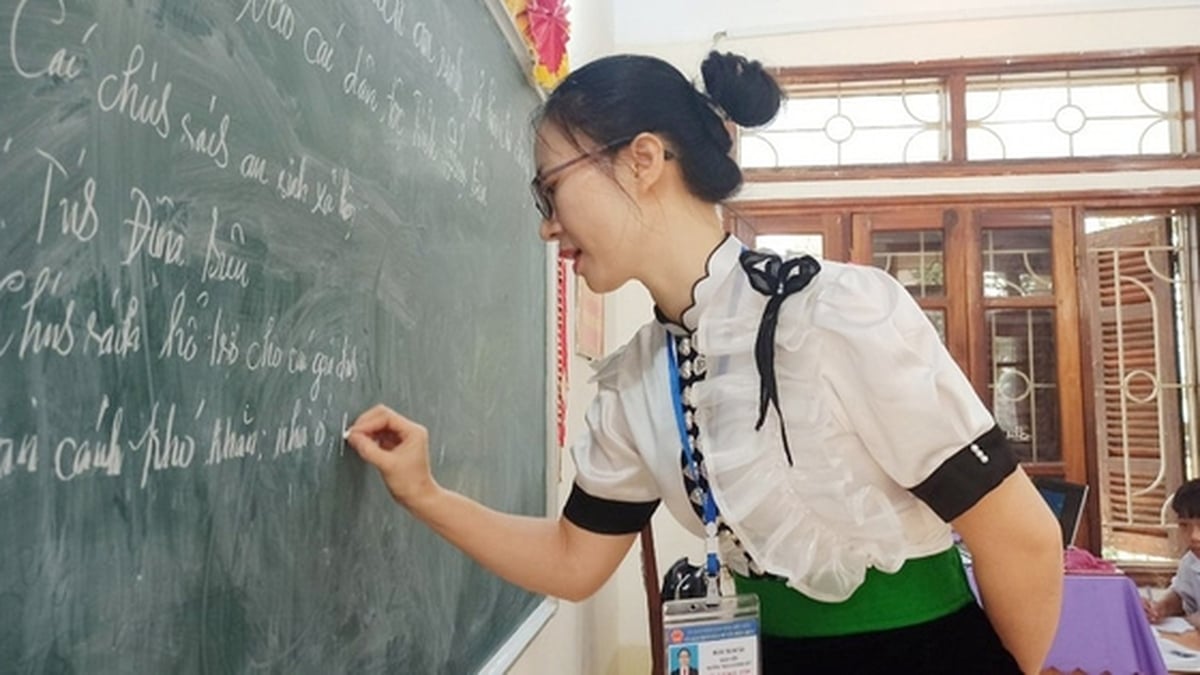
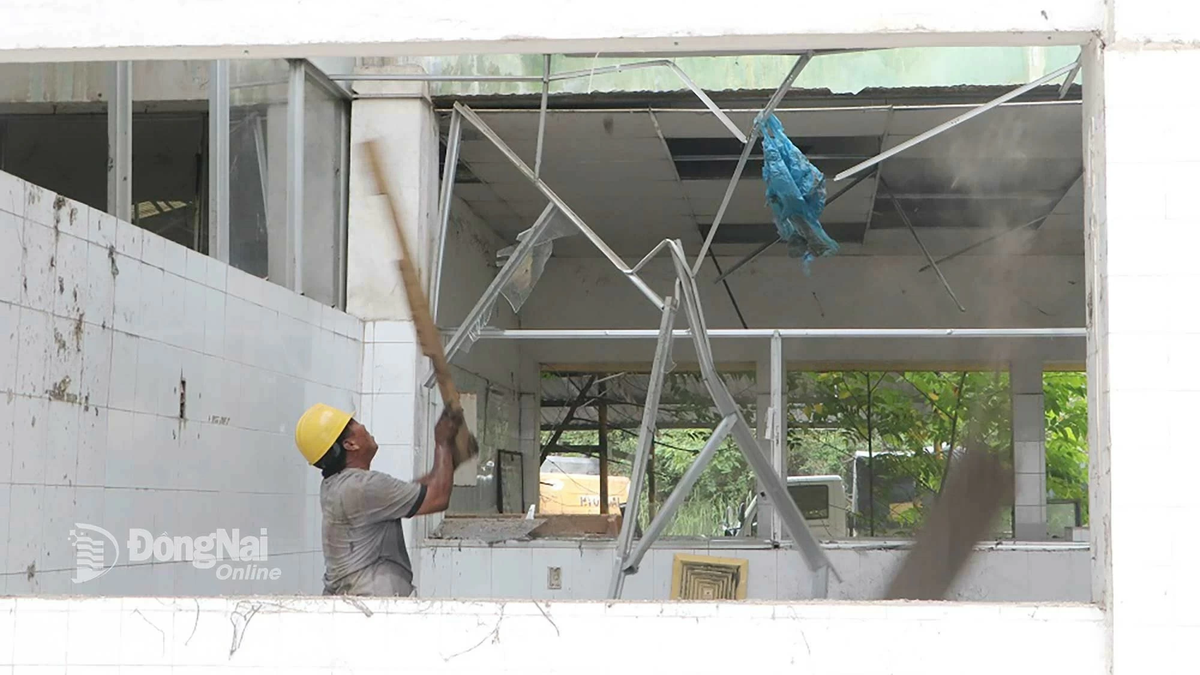

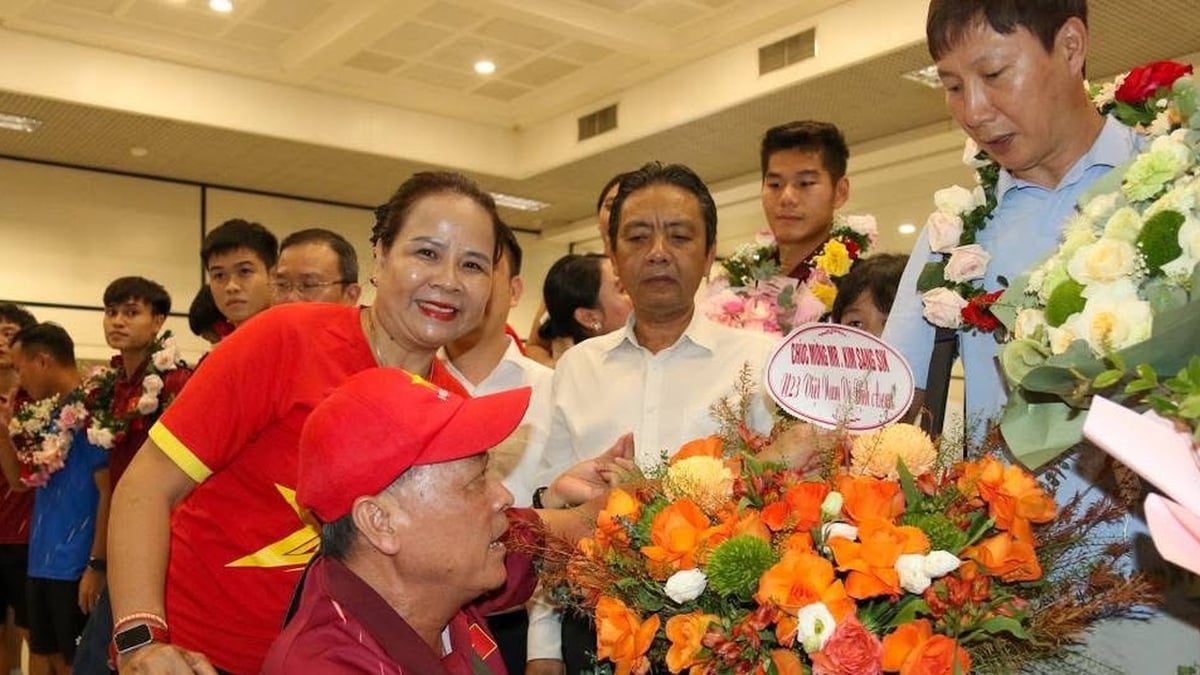
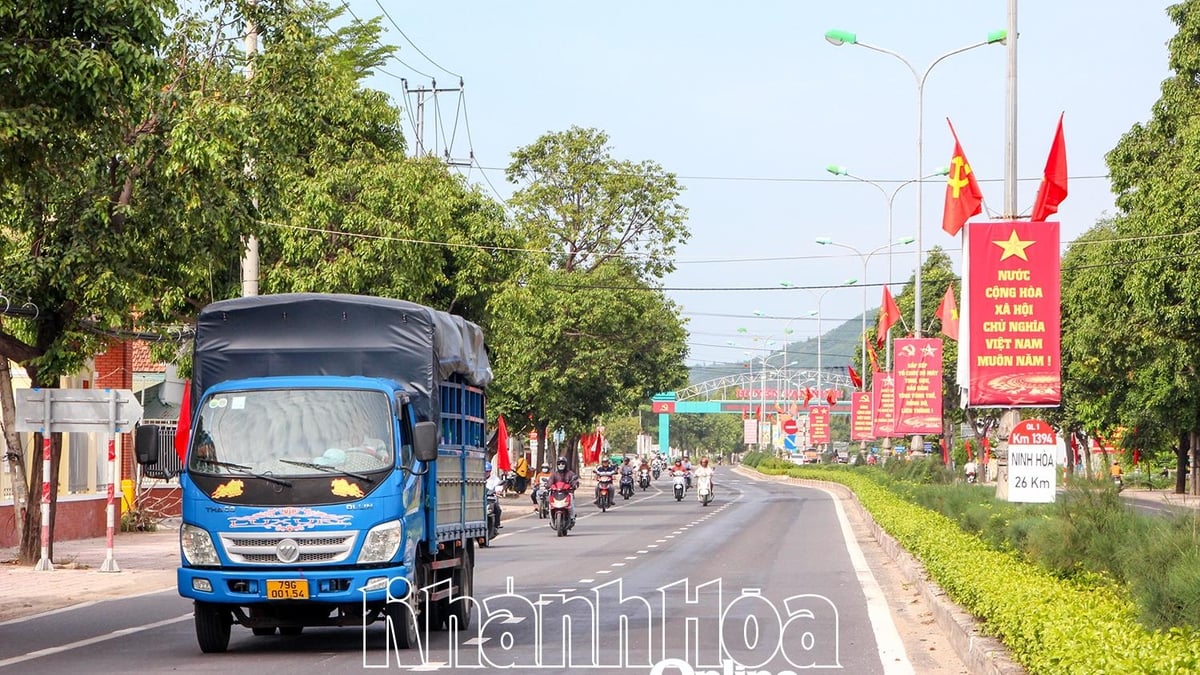



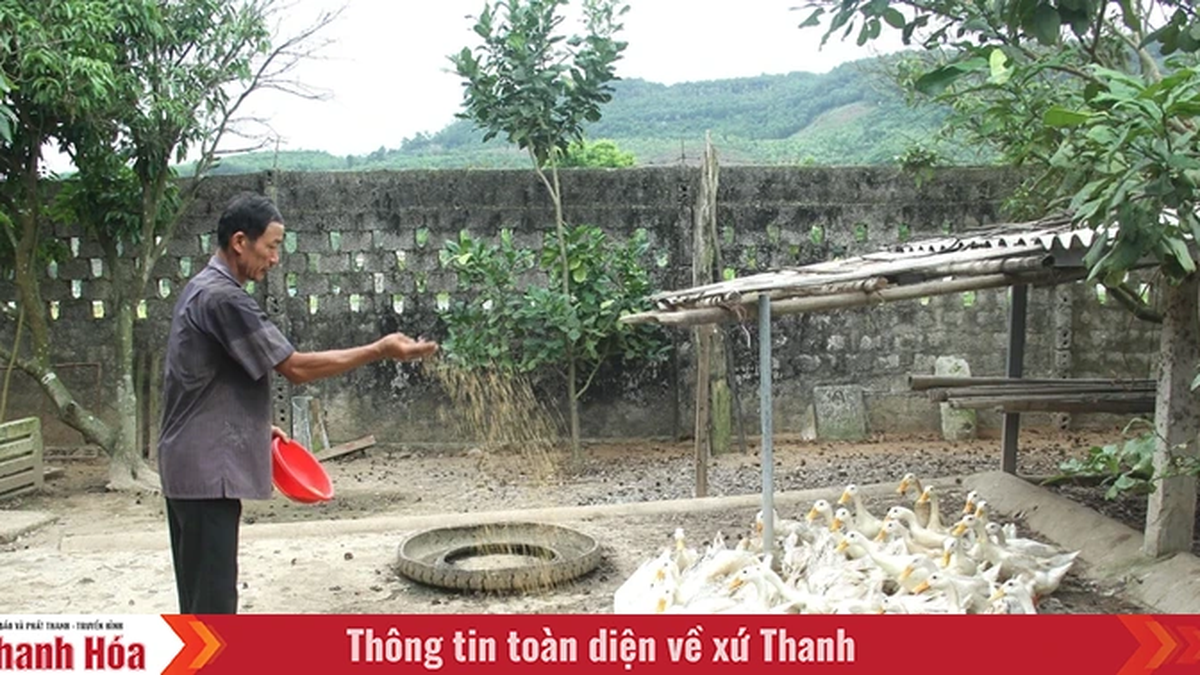
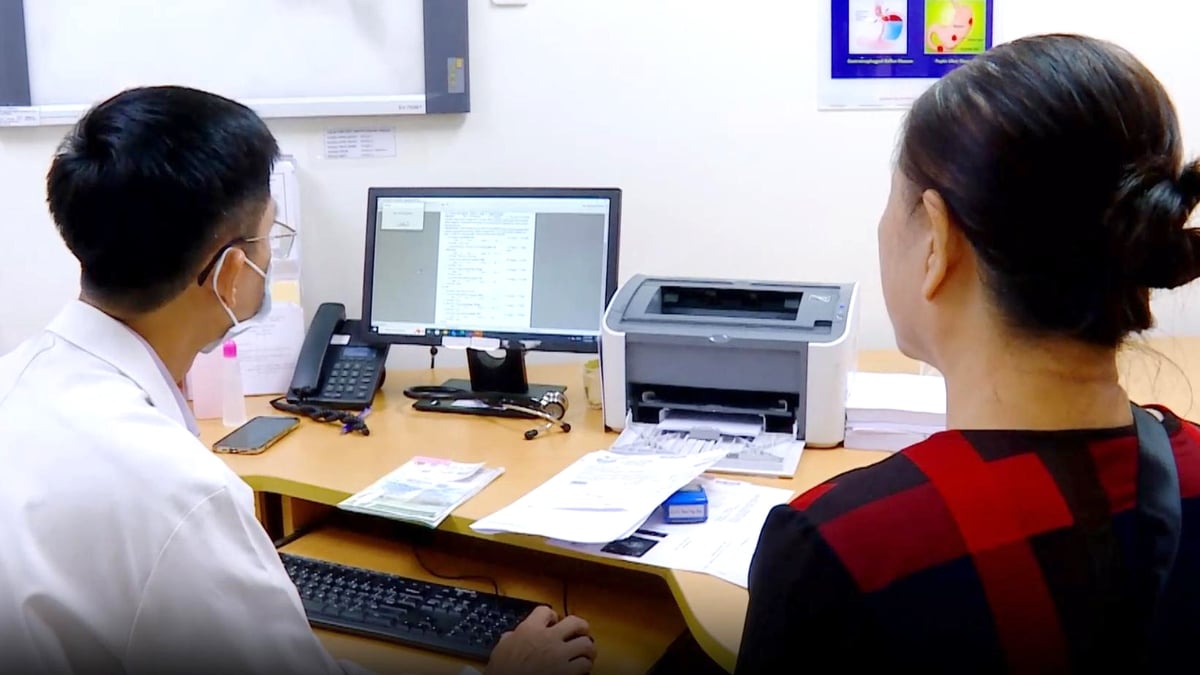












































![[Maritime News] Container shipping faces overcapacity that will last until 2028](https://vphoto.vietnam.vn/thumb/402x226/vietnam/resource/IMAGE/2025/7/30/6d35cbc6b0f643fd97f8aa2e9bc87aea)









































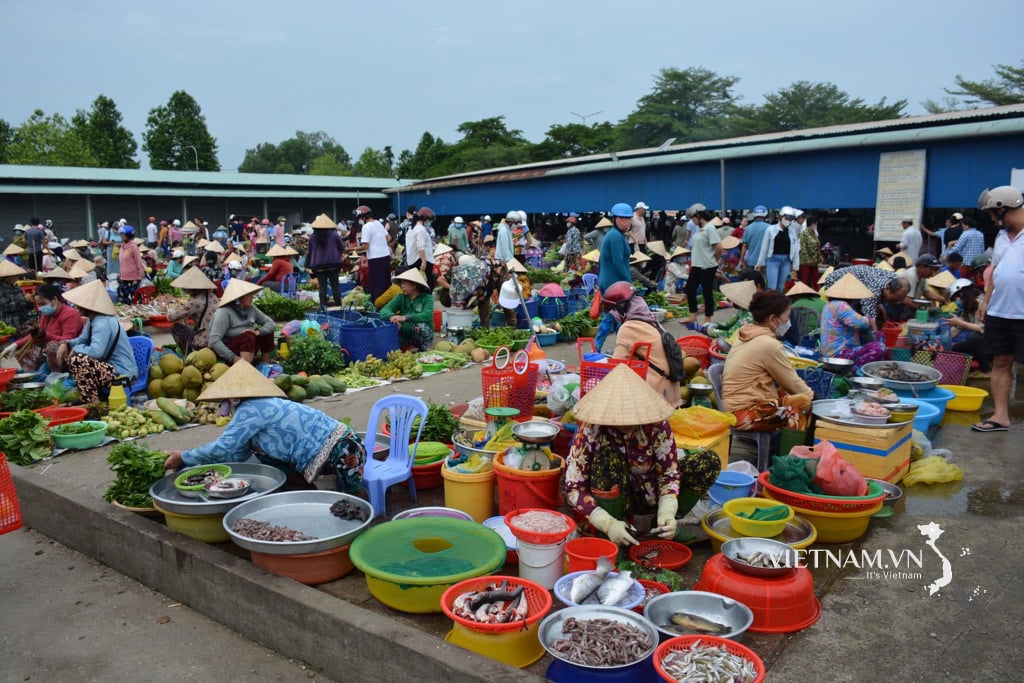



Comment (0)